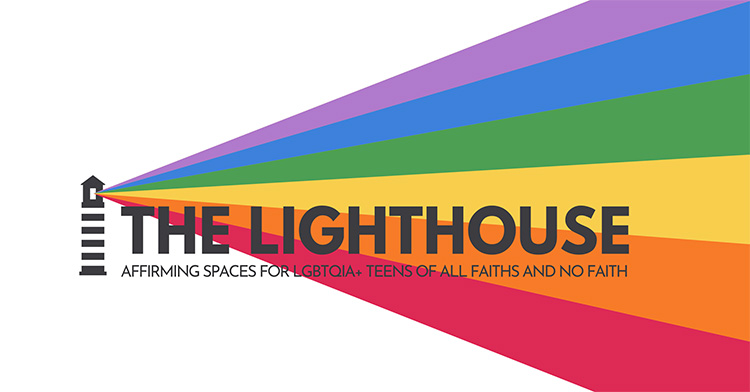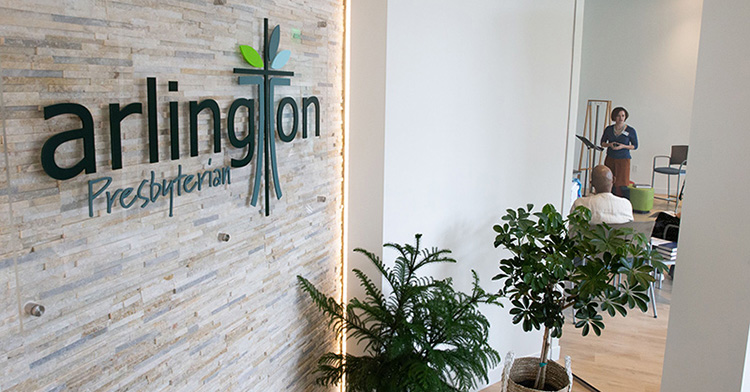Congregations
Recently published
Tags
TagsDon’t ignore use of space when planning for a church’s environmental sustainability
A half-empty church building isn’t just a financial problem; it’s an environmental problem, writes a consultant.
 Link to author Rick Reinhard
Link to author Rick Reinhard
Growing flora and faith: Churches embrace native plant gardens
The National Wildlife Federation’s Sacred Grounds program helps churches increase native plant gardens — thereby helping wildlife flourish and encouraging community connection.
 Link to author Leslie Quander Wooldridge
Link to author Leslie Quander Wooldridge
Could ‘hybrid shared ministry’ help struggling congregations survive?
A pastor shares his experience with a new model in which a larger congregation helps a smaller one by digitally sharing resources, sermons and other assets.
 Link to author A. Trevor Sutton
Link to author A. Trevor Sutton
A beacon of hope shines for LGBTQ+ youth in Florida
Through The Lighthouse, some Florida churches are offering a nonreligious ministry of presence that focuses on God’s love for all, opening doors for both young people and other institutions.
 Link to author Catherine Montgomery
Link to author Catherine Montgomery
Why I knit in church
Engaging with natural materials and making things with our own hands can help us be more fully incarnate, writes a pastor and knitter.
 Link to author Christine Hribar
Link to author Christine Hribar
‘When God’s Call Is Bigger Than a Building’
The Rev. Ashley Goff reflects on her congregation’s long — and sometimes contentious — process of building 173 apartments for low-income families, seniors and people with disabilities in this excerpt from “Gone for Good?”
 Link to author Ashley Goff
Link to author Ashley Goff
How the church can serve society by changing the way it handles property
As many as 100,000 buildings and billions of dollars in church-owned property are expected to be sold or repurposed by 2030. With planning and thoughtful stewardship, those assets can continue to serve communities, says Mark Elsdon, the editor of(active the new book, “Gone for Good?”
Is church membership a privilege to enjoy or a responsibility to fulfill?
Church membership should not reflect the exclusivity that often comes with membership in our culture. Instead, it should embody the generous hospitality of God’s love.
 Link to author Chris Aho
Link to author Chris Aho
The church isn’t dying. It’s being remade
As the 1950s model declines, new ways of being the church are popping up all over, and gospel truths are now being found in new containers, writes a social entrepreneur.
 Link to author Shannon Hopkins
Link to author Shannon Hopkins
Age does not limit Christian leadership
Encountering a unique ministry in San Francisco prompted a confrontation with her own ageism, writes a director of educational programs at Leadership Education at Duke Divinity.
 Link to author Angie Kay Hong
Link to author Angie Kay Hong












